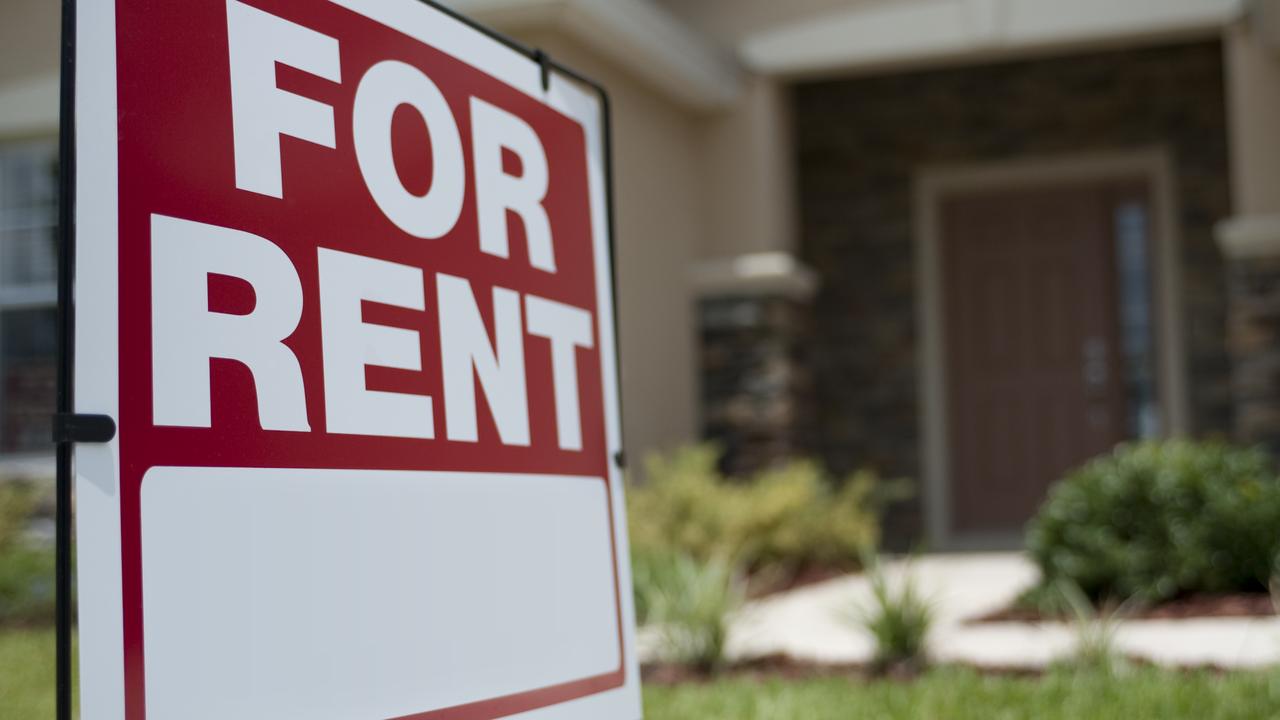DonateLife plea for 100,000 Aussies to register as organ donors
Organ donation plummeted during Covid – and now 13 million Australians are being urged to take the 60 seconds required to register as donors to help save lives.
News
Don't miss out on the headlines from News. Followed categories will be added to My News.
Organ donation plummeted about 25 per cent in Australia during the Covid pandemic, declining for the first time since the national transplant program was established in 2009.
The nation’s organ transplant waitlist also blew out to a 10-year high, surpassing 1900 people in December, according to OrganMatch. It currently sits at about 1750.
Authorities are urging the 13 million Australians aged 16-plus who are eligible to register as organ and tissue donors, but haven’t, to take one minute to sign up and save lives.
Organ and Tissue Authority chief executive Lucinda Barry said the pandemic’s impact on Australia’s transplant program had also caused a 19 per cent decline in the number of transplant recipients.
Challenges had included transporting organs across the country, with border closures and a significant reduction in domestic flights, and some DonateLife staff being unable to have difficult donation conversations with families face-to-face.
“The transplant units have also had to weigh up the safety of somebody coming into a hospital to get a transplant during this time,” Ms Barry said.
“We are still living with Covid, so there are so many impacts still occurring.
“An organ transplant is absolutely life-enhancing, life-changing and for many, lifesaving. For people on the waitlist who need a transplant, they need more Australians to register to be an organ donor at the end of their life.”
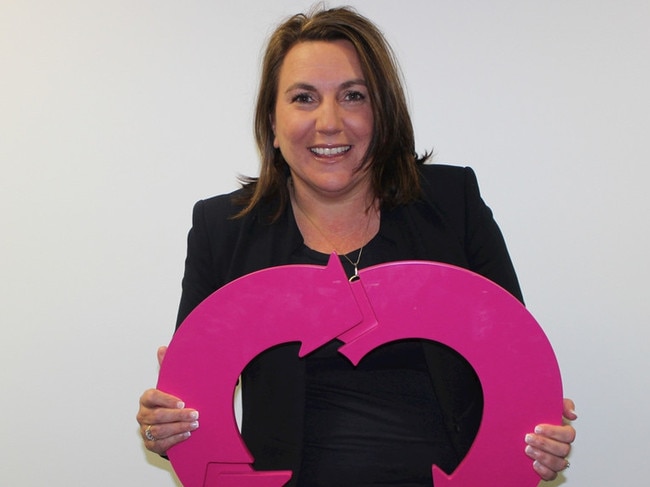
The 2022 Great Registration Race has kicked off with the aim of encouraging at least 100,000 people to take the one minute required to join the Australian Organ Donor Register.
The Race runs throughout July and August, ramping up in DonateLife Week from July 24-31.
Ms Barry said registering was as simple as filling out a short form on the DonateLife website with your name, date of birth, postcode and Medicare details, or making “three taps on your Medicare app”.
One organ donor can save up to seven lives, and help many more through eye and tissue donation.
After registering, it was crucial people informed their families, Ms Barry said.
“We know nine out of 10 times, a family will say yes to donation if their loved one is a registered donor,” she said.
“If you’re not on the register and your family don’t know what you want, this drops to four out of 10.”
Ms Barry emphasised that anyone aged 16 and above could register, noting: “You’re never too old, you’re never too unhealthy.”
“Some people believe doctors won’t try and save you if you’re registered as a donor,” she added. “This is a myth. Donation is not even considered, and the register is not even looked at, until it has been determined you won’t survive.”
Only 2 per cent of the 80,000 people who die in Australian hospitals each year can be considered for organ donation.
In 2021, after families were consulted and eligibility was assessed, this left 421 deceased organ donors who helped 1174 transplant recipients.
Both figures were down on the year prior.
Of the 1750 people on the organ waiting list, more than three quarters need a new kidney, while about 13,000 additional people are on dialysis.
Professor Kate Wyburn, president-elect of the Transplantation Society of Australia and New Zealand, said the waitlist only provided a “snapshot” of the people experiencing organ failure.
“It’s a complex, dynamic structure that people come on and off for all sorts of reasons,” she said.
“And there are so many reasons for someone to develop organ failure, it’s people from all walks of life. There are babies right through to one or two people in their 80s on the kidney transplant waiting list.
“It’s incredibly important (to register).”
Organ donation myths
Myth: If I’m a registered donor, doctors won’t try as hard to save my life.
Fact: The doctor’s first priority is always to save your life. Organ and tissue donation will only be considered if you have died, or when death is expected.
Myth: It’s better to let my family decide at the time.
Fact: If you want to become a donor, you need to tell your family. Nine out of 10 families say yes to donation if their loved one is registered. But when the family is unaware of their loved one’s wish, that drops to four out of 10 families.
Myth: I’m too old or unhealthy to be an organ and tissue donor.
Fact: Anyone over the age of 16 can register to be a donor, even if they smoke, drink or have an unhealthy diet. You don’t have to be young, or in perfect health.
Myth: I’m already registered to be a donor on my driver’s licence.
Fact: You can only register when applying for a driver’s licence in South Australia. In the other states, you now need to join the Australian Organ Donor Register. If you think you signed up on your driver’s licence, it takes less than a minute to check at donatelife.gov.au
Myth: Organ and tissue donation is against my religion.
Fact: All major religions – including Christianity, Islam, Buddhism, Hinduism and Judaism – support donation as an act of compassion and generosity. Donation specialists can help your family make arrangements to support your religious and cultural requirements.
Myth: Organ and tissue donation will disfigure my body.
Fact: Your body will be treated with dignity and respect and your family can still have an open casket viewing if desired.
Source: DonateLife
Chloe, football stars kick off Great Registration Race
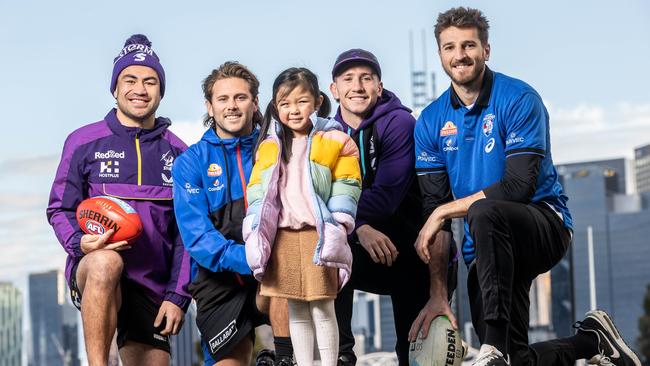
The seven days Chloe Loo-Tandiyono spent on the liver transplant waiting list at just eight months old felt like “a lifetime” for her parents.
“Knowing she was getting worse in front of you, and knowing if there was no donor, the alternative was death – we were just praying the call could come,” mum Valencia Tandiyono said.
“It was our darkest moment.”
Chloe found herself on the list after being diagnosed with biliary atresia, a rare liver disease that occurs in infants, at five weeks old, and after a procedure to rectify the condition failed to have long-term success.
Ms Tandiyono said their first child’s diagnosis “devastated” and “shocked” her and partner Aaron Loo.
By the time Chloe was put on the waiting list, her stomach had blown out to 60cm in diameter, to the point where the baby “looked like she was nine-months pregnant”.
When the Melbourne couple learned a new liver had been found for Chloe, they broke out in “cries of joy”.
“It was a new hope she could have a normal life,” Ms Tandiyono said.
Almost five years later, Chloe is living just that. She loves singing, dancing, drawing and playing with friends at school, is always talking, and is a proud big sister to Nathan, 21 months.
She recently met stars of Australia’s top football codes as they joined forces to kick off the 2022 Great Registration Race.
Western Bulldogs captain Marcus Bontempelli and defender Caleb Daniel, and Melbourne Storm halfbacks Jahrome Hughes and Cooper Johns are backing the lifesaving initiative to add 100,000 people to the Australian Organ Donor Register in July and August, including in DonateLife Week from July 24-31.
Ms Tandiyono urged the 13 million eligible Australians to take the 60 seconds to register.
“It gives parents like us new hope,” she said.
Thaiday’s conversion to full support for donation
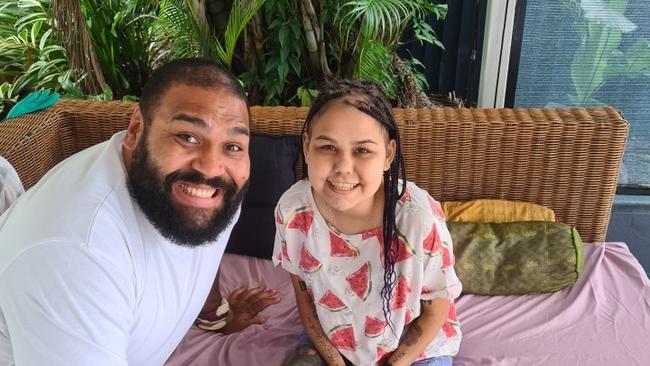
Broncos legend Sam Thaiday is determined to break the “footy mould” by exploring topics close to his heart, with his newest venture looking into the world of organ donation.
Thaiday spoke about his “emotional journey” interviewing donor families and donor recipients as they shared their stories for his new podcast with the DonateLife organisation, A Gift Worth Giving.
“The biggest eye-opener was talking to Maddi, who’s a young lady just waiting for a kidney transplant,” he said.
“She talks about how, at the age of 11, she was planning her own funeral. That’s just a lot to take in.”
One of the episodes in the six-part series dives into the life of Gavin Allen, an ex-NRL Bronco and former footy manager of Thaiday’s.
“I knew he had heart problems, but I honestly thought he had a bypass,” Thaiday said.
“I didn’t know he had a full heart transplant.
“Hearing these stories … these people (who donate organs to those in need) are just superheroes, they’re literally saving lives.
“It really opened my eyes having that conversation and it’s a pretty simple conversation, it takes 60 seconds.
“What we’re trying to get people to do is take that next step and register to be an organ donor.”
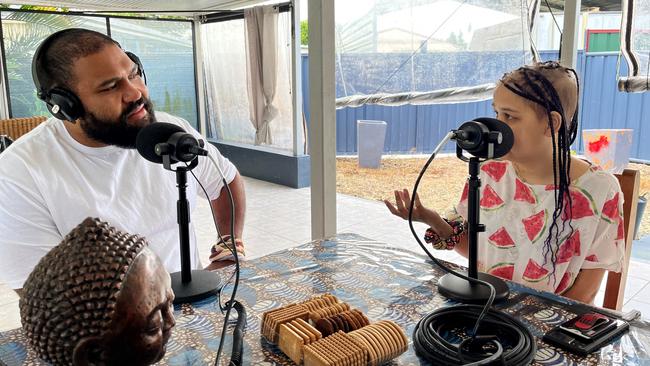
A Gift Worth Giving will be the third podcast Thaiday has hosted, following The Broncos, and We Are Human, which explored his own mental health journey.
The footy star said he jumped at the opportunity to raise awareness for yet another important topic.
“It would almost be a waste of a profile for me not to speak up and speak out about things that I’m passionate about, and it’s amazing how passionate I’ve become about organ donation,” he said.
“I’d like to break the mould and not just do football stuff all the time and this is a small step in the right direction for me.”
The podcast is out on July 4.
-Rachael Rosel
Brother’s living nature lives on
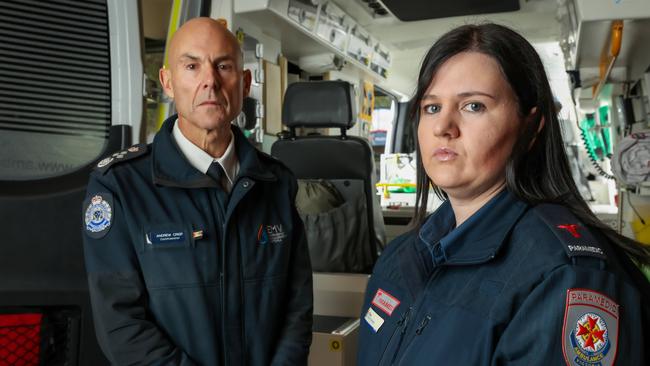
When Mitchell Brennan died suddenly in a car accident at age 18, giving permission to donate his organs was a “no-brainer” for his family.
His sister, Chloe Brennan, said while they had not discussed organ donation with him, Mitchell’s “giving nature” and the career path he had chosen to pursue convinced them it was the right call.
“He wanted to be a paramedic,” said Ms Brennan, who herself is now one for Ambulance Victoria.
“I said I’d go back to uni with him when he finished school, but he passed away in year 11 before he got the chance. So I still did it.
“We made the decision to donate his organs to hopefully help other families avoid going through grief and loss.”
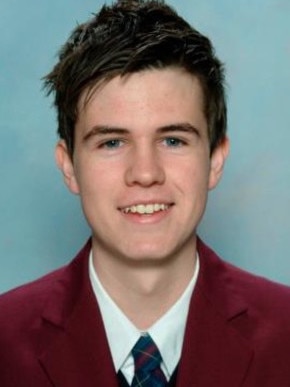
Mitchell’s gift saved four lives, and ignited a passion in his family to impart the importance of taking the 60 seconds required to join the Australian Organ Donor Register, as well as openly discussing donation.
“Don’t treat it as a taboo subject,” Ms Brennan advised.
“Hopefully you never have to be in that situation but if it does arise, it makes the situation much easier knowing you’re fulfilling your loved one’s wishes.”
Ms Brennan is joining Victoria’s emergency management commissioner Andrew Crisp in a push to encourage emergency services staff to register to be organ and tissue donors.
Mr Crisp said he would be asking “all the chiefs and CEOs of the emergency services” in his state to “take up the challenge and get as many people as we can to sign up”.
“Our staff do such a great job keeping our community safe and saving lives,” he said. “This is an opportunity for them to do even more.”


